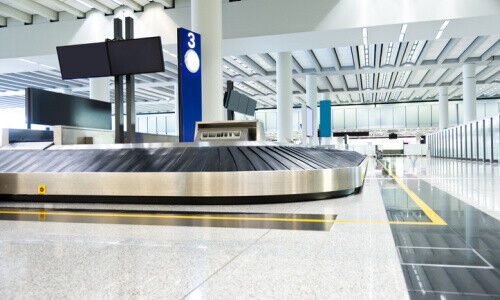Carrie Lam: Hong Kong Must Reopen to Remain a Financial Hub
Outgoing city chief executive Carrie Lam makes frank comments to CNBC before her departure at the end of the month.
Hong Kong's embattled chief executive Carrie Lam, who has faced a difficult, tempestuous five-year term that included the 2019 pro-democratic protests, the subsequent introduction of the city's National Security Law, and the Covid-19 pandemic, appeared to be more forcefully speaking her mind than had previously been the case in an interview with CNBC on Friday.
She apparently indicated to viewers that the city could not continue to function as a financial hub if the current border controls remain in place, as this «has made people impatient». However, this information was relayed by «Bloomberg» (behind paywall) and not CNBC.
«The border control measures have really made people very impatient. Of course, they’ve undermined Hong Kong’s status as a hub. If you cannot travel freely to other places and into the mainland, how could you be a hub?» Lam was reported as saying by «Bloomberg».
Quarantine Still Required
Despite recent steps to relax some pandemic restrictions, Hong Kong continues to require a 7-day quarantine for any foreign arrivals. It also continues to employ extensive contact tracing and testing requirements city-wide, among other measures.
CNBC itself also covered the interview, although it started with the implementation of the national security law as being «absolutely necessary» to ensure stability.
She also indicated that this was extremely important to maintain and enhance its status as a financial center.
Exodus of Foreigners
CNBC relayed that Lam discussed the departure of foreigners and expatriates, saying that this was not due to the National Security Law, but the extent and duration of the strict pandemic controls. Other topics that were discussed included the «one country, two systems» governing principle in Hong Kong, which she believed had been mischaracterized by overseas media.
«I sometimes find it very disturbing that a lot of Western media try to portray Hong Kong as just another Chinese city and have no proper recognition or understanding of one country, two systems,» Carrie Lam told CNBC.
She maintained that freedom of expression, assembly and media continued to be upheld in the city.



























